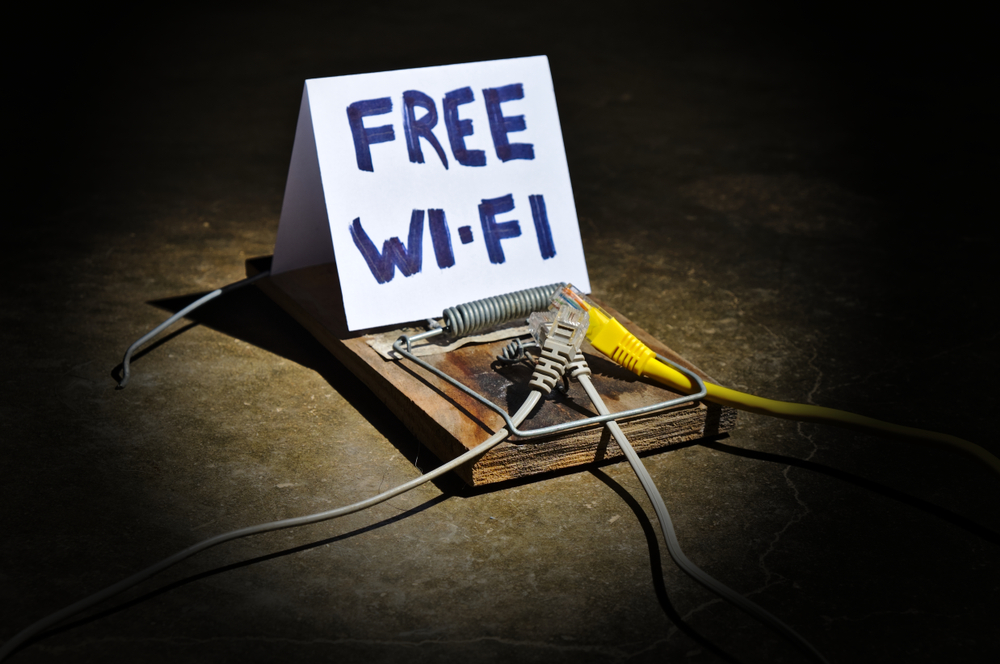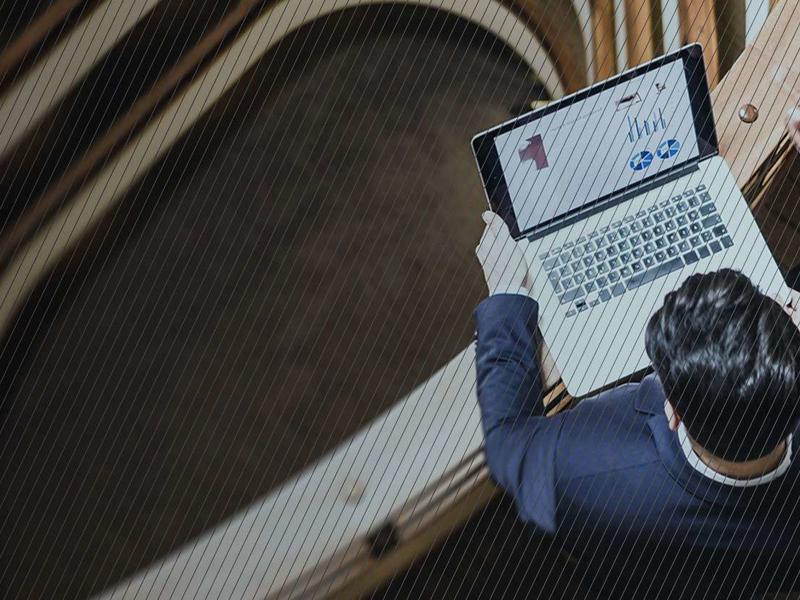
As more and more people have taken on remote work over the last several years, there are a few vital elements of computer and cybersecurity to keep in mind. These are particularly important for anyone who regularly works or uses their devices in public places or with unsecured Wi-Fi networks, and a few basic elements are vital to keep in mind here.
At Elevated Networks, we’re here to offer a huge range of cybersecurity services and solutions for clients around Salt Lake City, St. George and other parts of Utah, from business network setup and scaling to basic expertise and tips to employees. Here are some of the possible cybersecurity risks that may be present when working in any public or remote location, plus how to consider and manage them to keep devices and data protected.
Unsecured Wi-Fi Networks
As we alluded to above, one of the primary risks facing remote workers is the possibility of sensitive data being intercepted while using public Wi-Fi networks, such as those found in coffee shops or airports. These networks are often unsecured, meaning anyone with basic hacking skills could potentially access your device and steal information like login credentials or financial data.
If you know you’ll be working for any period of time in a public place, consider investing in a virtual private network (VPN) service. These encrypt your internet connection and prevent anyone from intercepting your data. They’re relatively inexpensive and easy to set up, making them a valuable tool for remote workers.
Fraudulent Wi-Fi Networks
Also known in the cybersecurity world as an “evil twin” attack, fraudulent Wi-Fi networks are similar to unsecured ones, but with a twist: They’re set up by hackers specifically to mimic legitimate networks in public places. This means you may think you’re connected to a coffee shop’s Wi-Fi, for instance, when in reality you’ve unknowingly connected to a fake network controlled by a hacker.
Luckily, these kinds of attacks are relatively rare, but you can protect yourself by being cautious and double-checking with employees or staff at the location before connecting to any Wi-Fi network. It’s always better to be safe than sorry.
Physical Security
Don’t forget about physical security when working remotely. This includes keeping your devices password-protected and safely stored when not in use, as well as being mindful of who may be able to see your screen or overhear sensitive information while working in a public place. Always lock your device when stepping away from it, and consider using privacy screens on laptops or other devices to prevent others from seeing what you’re working on.
Sadly, you might be surprised at just how common physical theft is in public places, so take these precautions seriously to avoid becoming a victim.
Regular Software Updates
Remember that keeping your devices and software up-to-date is a crucial part of cybersecurity. This includes both your antivirus and other security programs as well as the operating system for your device. Regular updates often contain important security patches that help prevent vulnerabilities from being exploited by hackers.
If you’re not regularly updating your devices, you could be leaving yourself open to all kinds of cyber attacks and data breaches. Make sure to set up automatic updates or schedule regular manual updates to keep your devices secure.
Importance of Strong Passwords
Another concept we wanted to highlight specifically is the importance of strong passwords. With so much personal and sensitive information stored on our devices, it’s crucial to use strong passwords that are difficult for hackers to guess or break.
Strong passwords typically include a mix of letters, numbers, and special characters, and should be unique for each account or device. Consider using a password manager to securely store all your passwords in one place and generate complex ones for you.
As you can see, there are many important elements of computer and cybersecurity to keep in mind when working remotely. By staying vigilant and following basic security measures, you can help protect yourself and your data from potential cyber threats.
At Elevated Networks, we’re always here to assist with any questions or concerns about cybersecurity – contact us today for more information on our services for clients around SLC, St. George and other parts of Utah!


